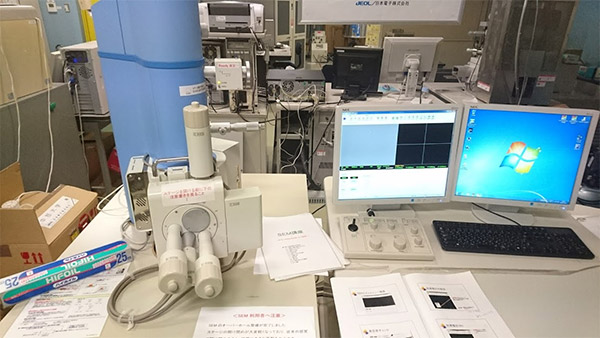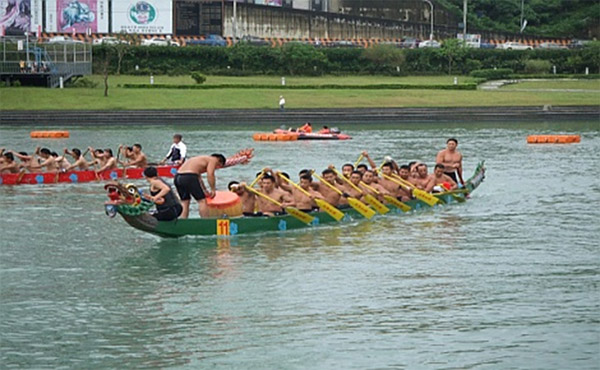Sakura Mentor
Daily Life of an International Student
Huang Lei
Updated in October 2020
This time I would like to share with you about my daily life as a student. As a graduate student, I think the most important thing is to complete and present research results in the form of a thesis. For that reason, I spent most of my daily life doing research during the two years as a master’s student. On weekdays, I spent most of my day in the laboratory from morning until midnight, including Saturdays and Sundays. I devoted myself to my research.

The thing that impressed me the most during my research life was the seminar. How often seminars are held vary depending on each laboratory, but we participated in a seminar at least once a week. Since our laboratory has a large number of members, we were divided into four groups according to the research theme, and conducted group-level seminars in addition to the overall seminar. We report each week's progress to everyone in the seminar and answer the questions pointed out by the professor and other lab members.
In order to report, you need to draft about two A4 pages. I am not too good at writing. Neither Japanese nor English is my native language, so it took me a long time. In addition, there are times when research does not proceed smoothly. One A4 page can usually be filled up immediately, but it felt like writing a novel. At that time, I deeply felt that imagination is essential.
At first it was difficult, but over time, I was able to do it little by little. But thanks to that, it became easier to write papers and my master's thesis. In addition to encouraging your ability to write a dissertation (in Japanese, there are special writing styles for dissertations), you can organize the content of your writing from weekly reports. Also, when presenting research results, various questions are asked, but since I had plenty of practice every week at the seminar, I could answer questions smoothly - the most frequently asked question was on the novelty of the theme. Two years for a master's course is quite short, but it is up to you to make use of that short period to achieve optimal research results.
I think studying abroad is not only about studying a language but also about learning the local culture and custom. Once I studied abroad at Chinese Culture University in Taiwan for a year. My concept and view of studying abroad as described above is very general, but I was able to feel and experience it personally.

One of the most memorable events was the Dragon Boat Race. Every year in Taiwan, a boat race competition called "Long Zhou Bisai" is held every year at the end of May (under the old lunar calendar). Twenty teammates, each with oars, board a slender boat with a total length of about 10 meters. A dragon's head is attached to the boat's head. It is a very difficult competition where teamwork is the top priority. If all 20 members cannot match their strokes and breaths, the team cannot even row straight ahead, let alone go forward.
Therefore, our team also practiced for over a month, and went under serious training. My team was not only made up of students, but also included office workers, so it was difficult to match each other’s schedule and to make time for group practice. Under such circumstances, our race result was definitely among the lowest ranks. However, in the middle of the river during practice, we all sang together, called out to a young couple riding on a swan boat, and it was a lot of fun. After practice, we went out to drink, and I had many experiences that I couldn't learn just by sitting in front of a desk, such as Taiwanese drinking style.
Studying abroad gives you many valuable moments that you cannot experience in your everyday life. The Dragon Boat Race is just one example of my overseas anecdotes. Through studying abroad, I feel that I have expanded my range of knowledge and ways of thinking, and have grown significantly as a person.







